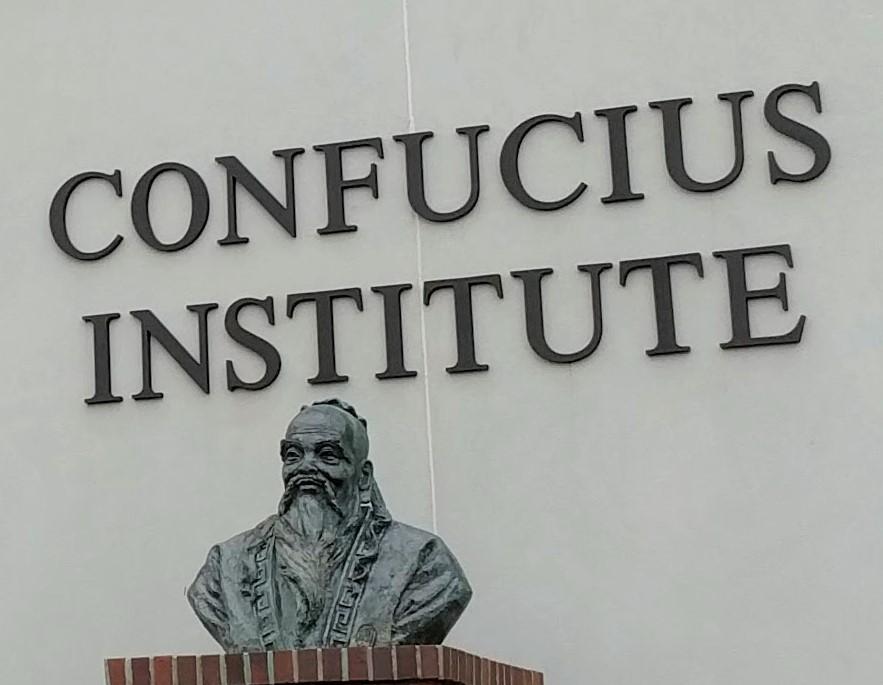Australian universities may be faced with an early cancelling of their Confucius Institute partnerships, following the axing of Victorian Belt and Road Initiative deals which exercised newly legislated veto powers.
Foreign Minister Marise Payne decision to tear up the BRI agreements have brought forward calls to cancel other deals with the Chinese Communist Party, such as the 99-year lease of the Port of Darwin to a Chinese state-owned company and the Confucius Institutes in 13 Australian universities.





